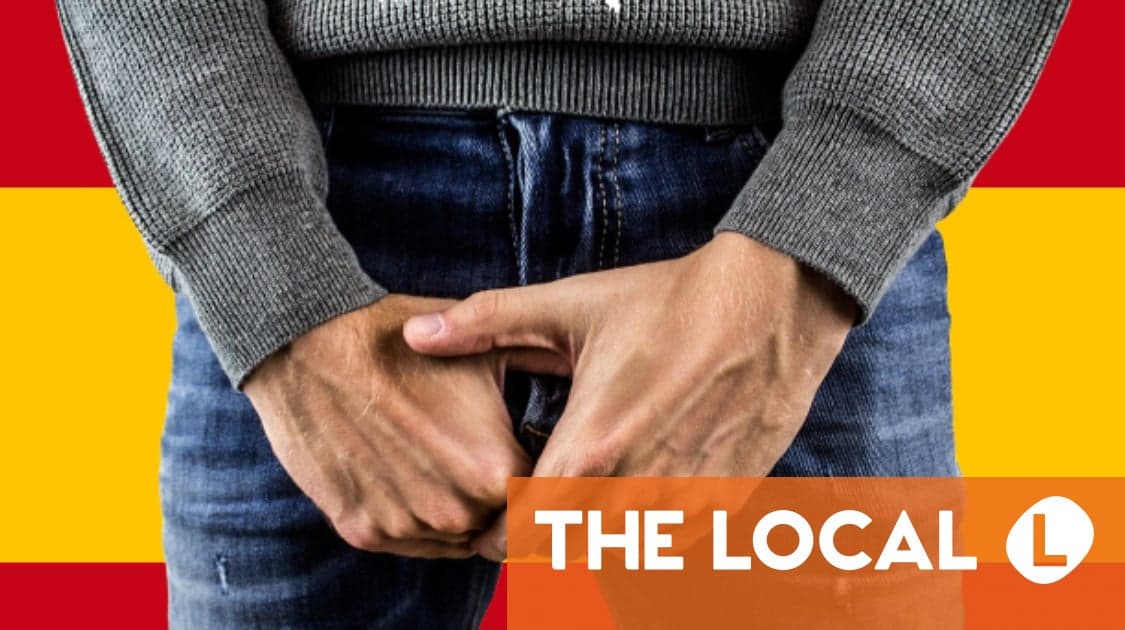
"Cojones, from the Latin word coleo (meaning a leather bag), is a noun that certainly makes it into conversations in Spain very often. It's one of several Spanish slang words for testiculos (testicles), a list which also includes huevos (eggs), pelotas (balls) or bolas (bowls). But cojones reigns supreme in Castilian Spanish, not least because, just like just like the F-word can be used in all manner of ways in English, cojones can be transformed into different nouns, verbs, adjectives, adverbs, idioms and interjections."
"Un cojon: A way of saying something is expensive (literally - one ball) Example: Vale un cojon. It costs an arm and a leg. Dos cojones: An exclamation to imply bravery and bravado (literally - two balls) Example: Con dos cojones! Get stuck in!/You can do it! Tres cojones: A way of showing disdain (literally - three balls) Example: Me importa tres cojones! I couldn't give a damn!"
Cojones derives from Latin coleo, meaning a leather bag, and functions as a Spanish slang noun for testículos. Common synonyms include huevos, pelotas, and bolas. Cojones is highly versatile and can become nouns, verbs, adjectives, adverbs, idioms, and interjections. The number or form alters meaning: un cojón indicates something expensive; dos cojones expresses bravery; tres cojones conveys disdain. Phrases such as tener cojones and no tener cojones denote courage or cowardice. Idioms like poner los cojones encima de la mesa, tocar los cojones, tocarse los cojones, and exclamations like Tocate los cojones! and Cojones! signal dominance, annoyance, laziness, frustration, or surprise.
Read at www.thelocal.es
Unable to calculate read time
Collection
[
|
...
]